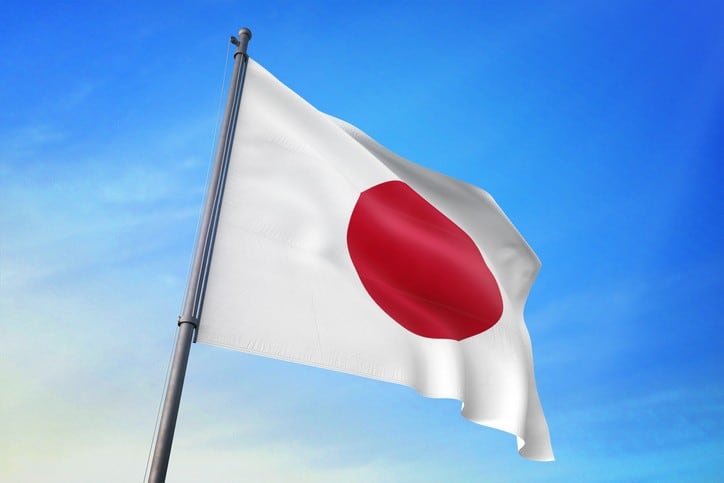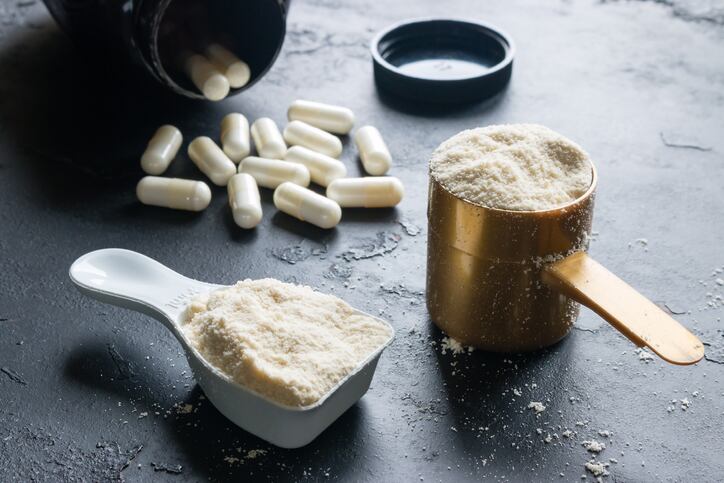The Japan government first declared a state of emergency in capital Tokyo on January 8, as COVID-19 cases surge to 5,000 a day, the highest levels since the start of the pandemic.
It has since been expanded to Kanagawa, Saitama, Chiba, Osaka, Kyoto, Hyogo, Fukuoka, Aichi, Gifu and Tochigi prefectures, covering more than half of Japan’s population.
Under this emergency order, Japan's Prime Minister Yoshihide Suga has ordered companies to encourage staff to work from home and reduce office populations by 70%.
In effect until March 7th, restaurants and other establishments that serve alcoholic beverages are asked to close early, and residents to refrain from going out for non-urgent reasons.
This is a relatively softer order compared to Japan’s first nationwide state of emergency from April to May 2020, where bars, clubs and non-essential businesses were asked to close.
Many of Japan’s health food and dietary supplement companies have taken precautions and lessons from last year to ensure a seamless transition this time.
Working arrangements
NutraIngredients-Asia found out that many of the firms’ administrative staff were already telecommuting.
For fish collagen manufacturer Eminet, the company has taken measures to space work areas and ensure thorough ventilation for its production staff.
Over at cosmetics and dietary supplements company FANCL, employees are also tasked to telecommute, prioritising safety and infection prevention.
In terms of manufacturing, Takayuki Misawa, from the public relations department at FANCL Corporation said: “We will firmly control supply and demand so as not to inconvenience our customers.”
At Kirin Group, its food, beverage and pharmaceuticals production and distribution operations are as continuing as usual.
Ataka Takashima from Kirin Holdings corporate communication department, said: “The Kirin Group will continue to fulfill its manufacturing and supply responsibilities while complying with the local regulations and policies.”
Takashima added: “Top priority will be given to the life and health of employees, their families and the stakeholders who support the daily business activities of the Kirin Group.”
Over at Taisho Pharmaceutical Holdings, which manufactures drugs, dietary supplements and energy drinks, as well as George & Oliver, manufacturer and supplier of cosmetics and dietary supplements, production is continuing as normal to ensure a stable supply.
Trends
We asked the firms some trends they witnessed throughout the course of last year and the lessons learned from the first state of emergency.
They said products with immunity, beauty, weight management and mental health functions proved popular in 2020.
As consumers became more health-conscious, Kirin observed growing interest in products with added health functions such as its functional food brand (iMUSE) with immunity function.
The iMUSE brand contains Kirin’s proprietary Lactococcus lactis strain Plasma. In November 2020, sales of iMUSE beverages increased about eight times compared to November 2019.
Misawa of FANCL said sales of immunity supplements such as vitamin C and D increased last year.
“Sales of diet-related products also increased due to a lack of exercise caused by telecommuting and other factors,” Misawa added.
Over at Taisho, interest in supplements related to fat management also soared, because people were unable to work out outdoors or head to the gyms, according to Nobuyuki Hiraga from corporate communications.
“We found people spending more money on dietary supplements in order to relieve anxiety, regulate gut health, and maintain their body shape,” added Takeshima Kazu, general manager, overseas business division at George & Oliver.
Kazu told us its diet supplements (Yoruosoigohandemo series) performed well last year, catering mostly to working women as well as those interested in weight loss and beauty.
George & Oliver’s supplements are enzyme-based, which boost metabolism, regulate intestinal movement and reduce body fat.
At Eminet, sales of its beauty collagen supplement soared last year, according to Yuji Nishina, general manager of overseas business.
The companies collectively agreed that on-trade or foodservice sales were hit hard in 2020, and they expect this trend to follow this year.
FANCL anticipates on-trade sales to slow down as people refrain from going out.
“We will provide information to our off-trade customers so that there will be no inconvenience of not being able to buy,” Misawa explained.
FANCL operates its directly-managed stores (physical retail stores) and mail-order channels.
During the first nationwide state of emergency in April to May 2020, FANCL guided customers through mail-order sales while its directly-managed stores were closed.
In other channels, Taisho and George & Oliver said e-commerce sales continue to grow, and supermarkets and drug stores are not expected to be affected.
Domestic and export plans
Many of the firms export products overseas, although most were confident that the business would not be significantly affected despite the emergency order.
George & Oliver recently launched into Singapore and Vietnam with its enzyme supplements. Kazu said the emergency order is unlikely to affect its South East Asia export plans later this year.
Eminet is focused on strengthening its export business this year to Thailand and Taiwan.
Although, Nishina added: “However, it seems that air transportation charges to Europe and the United States have risen three times and five times, so it may affect other regions such as Taiwan.”
Over at Q’SAI Corporation which manufactures skin care products and collagen supplements, as well as its signature kale food series ‘The Kale’ (previously named Aojiru), the firm is focused on promoting the kale business locally in Japan, according to Minami Maeda, from the PR department.
As of now, the emergency order is in place for 11 prefectures, and if the government implements nationwide, Kazu of George & Oliver believes there will be a huge impact on Japan’s economy.




